This is a preview of our latest video. Click below to see more!
See MoreSustainable development is development that meets the needs of the present without compromising the ability of future generations to meet their own needs. Brundtland Commission
OUR OBJECTIVE
There is an imperative to address, with speed and at scale, the three pronged challenges of climate
change, socio-economic inequity, and natural ecosystem degradation.
Second Nature is a sector-agnostic impact and climate finance advisory and consulting solutions company. It recognizes that the need of the hour is to leverage capital, both philanthropic and for-profit, towards the $7 trillion required annually to achieve the Sustainable Development Goals.
The future is not some place we are going to, but one we are creating.John Schaar
"To accelerate the deployment of capital and resources by investors (funds, philanthropy, retail), corporations, and for-profit and not-for-profit social enterprises, for transformative and measurable People, Planet, and Profit (3P) impact."
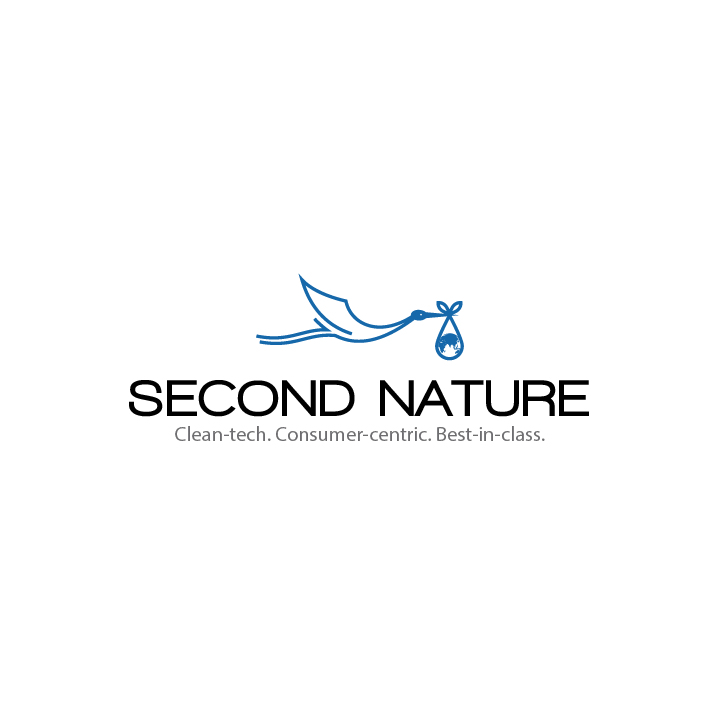
Antony Bugg-Levine, ex-MD of Rockefeller Foundation, was one of the first to articulate that the
money needed to solve global problems goes much beyond what governments and philanthropy can
provide. At the same time, it is clear that there is no dearth of capital – financial markets are flush
with it. Thus was born, in 2007 at the Rockefeller retreat in Bellagio, Italy, the concept of Impact
Investment - investments made with the intention of generating both financial return and social
and/or environmental impact.
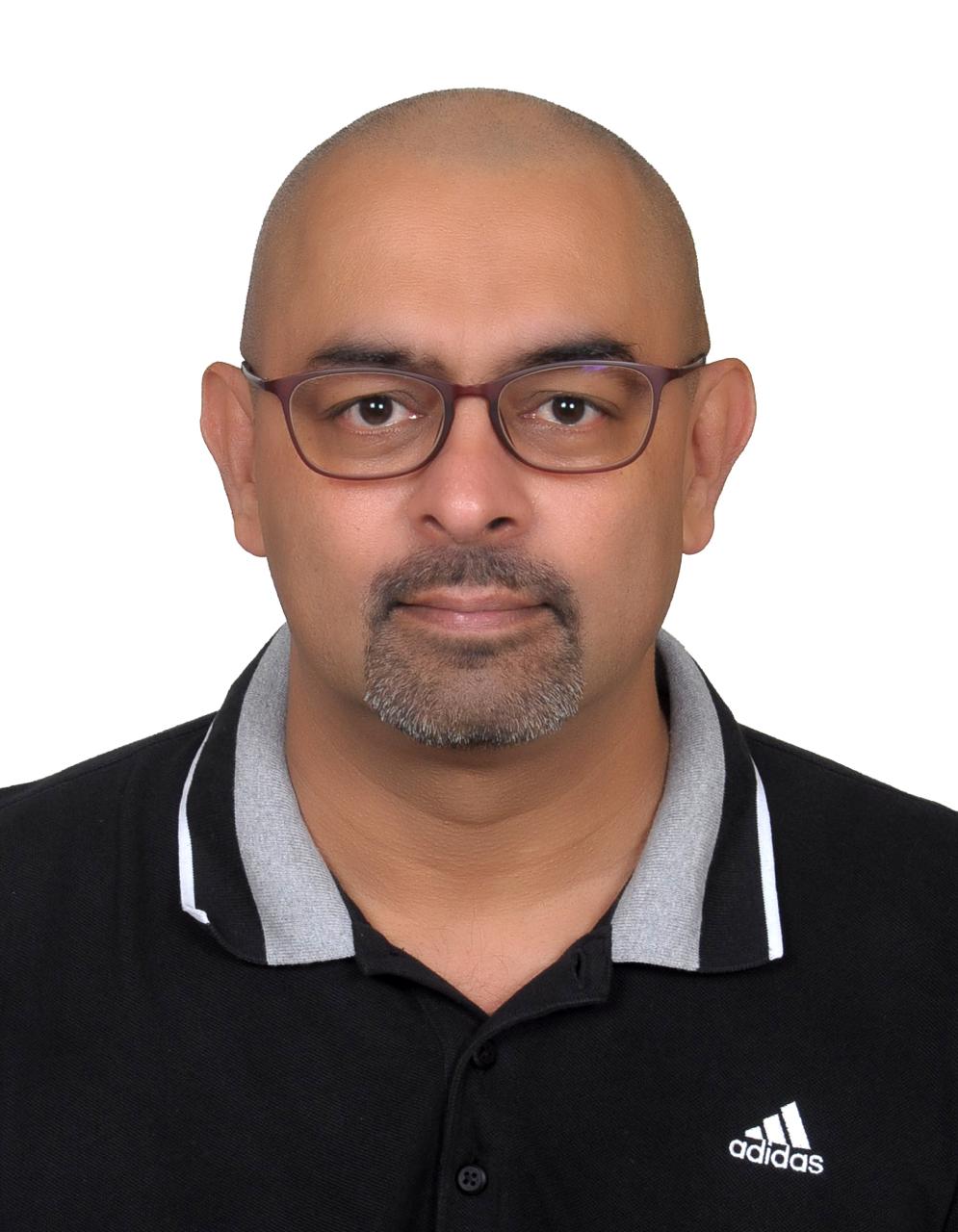
Ashish believes in the ethos of sustainable development: to simultaneously achieve the goals of economic, social, and environmental justices, via the tenets of global collaboration, co-creation, and natural values.
Ashish brings a unique mix of “solutioning” skills to the sustainability and climate change space grounded on a rich 20-year corporate experience spanning engineering, finance, retail & big-data consumer analytics (Tier 1 companies: Emerson, Goldman Sachs, Fidelity, dunnhumby, across the US and India) – ending his stint in the corporate world as the head of a newly formed JV between dunnhumby and Future Group - based out of Mumbai.
A burning desire to contribute to the fight against climate change led him, over 7 years ago, to switch to consulting work on decentralized solutions in clean energy, energy access, and waste management. He started Second Nature Sustainable Solutions; and in 2020 became the co-founding partner of MinusCO2- a solar and clean-tech developer that leverages retail impact investment.
Ashish sees promise in Impact Finance, and is of the view that people with his background need to become the enabling link between social enterprises and investors (philanthropic, for-profit, and retail) to forge lasting impact.
Ashish has a B.E. from the Delhi Institute of Technology (now Netaji Subhas University of Technology) and an M.S. in Applied Systems from the University of Cincinnati, Ohio, US. He is also an active member of the Forum for Responsible Living, The Impact Future Project, and Aspire Circle. Ashish has had multiple speaking engagements, authorship of 20+ articles in periodicals / books / journals / conference proceedings, and 8+ US patents.
Handles:
LinkedIn | Second Nature Website | MinusCO2 Website
There exists a yawning gap in connecting socio-ecological enterprises with the impact investment world, by language, by purpose, by objective, by approach. As part of the first Cohort of a unique, values-based transformational leadership residential program, interacted with and developed trust-based relationships with several highly skilled and passionate changemakers. Most of them, expressed financing/funding as the fundamental challenge to scaling up their impact. Via primary and desk research quickly arrived at the potential of the
Impact Investment paradigm – and established relationships and functional interactions with
ecosystem players, thought leaders, and investors, that are engaged in the Impact Economy. In collaboration with Friedrich-Ebert-Stiftung, India, and encouragement from
members of The Forum for Responsible Building, developed and launched an Impact Investment
Primer (IIP) for
change-makers who work on, or aspire to create, transformational impacts but are unable to
leverage the prevalent Impact Investment Ecosystem. 70+ enterprises across diverse social and ecological spaces
such as clean energy, education, circular economy, creative arts, waste management, and
restoration and regeneration of natural ecosystems, have attended the IIP – insights in this
report. Of
them, 15 enterprises have engaged in long-term advisory. Created and conducted awareness sessions for students of
engineering, management, social sciences, and architecture disciplines, on the opportunities to
‘DO WELL (for themselves)’ and simultaneously ‘DO GOOD (for the planet and others)’ with
careers built in the framework of the Impact Economy. Insights and feedback made it clear that there is a
need to transform the culture and to orient the Impact Investment Ecosystem to how socio-
ecological change-makers aim to achieve sustainable results, as articulated in our call to
establish a ‘coalition of the willing’ that co-creates an Impact Investment
Ecosystem for Transformative Systems Change. The restoration and sustainable regeneration of natural
ecosystems requires models that simultaneously incentivize local stewardship and are rooted in
the impact investment paradigm. We have co-authored a position paper on Payments for
Ecosystem Services and conducted a multi-stakeholder convening on this framework. A compelling need to co-create an ecosystem that supports and nurtures socio-ecological change-
makers, and enables their transformative initiatives to scale and deliver impact. In essence, the Impact enterprise is the prime mover; it comes first. The Impact advisor/investee
exists because of the former; it comes second. The formal relationship between these two entities
needs to reflect this fundamental dynamic. Upcycling Construction & Demolition waste into ready-to-use products for the construction industry. Kesarjan has developed a unique process for manufacturing Recycled Exposed Bricks by bonding in different combination of inert and mineral waste (such as: fly ash, ceramic tile waste, lime sludge, brick kiln waste, pozzolana, cement, clay) with recycled aggregates, and: Impact: Providing inspiration and incubation for leadership development to enable multi-dimensional socio-ecological transformation. ELF’s believes in the power of anyone and everyone to make a difference. Its core work emphasizes that social transformation is not possible without personal transformation; the problems we see around us are human-made and can be changed by human action, and has: Impact: Relooking at Art as a form of Expression…not just a Skill. OPENDOORS as a unique ART PROGRAM, strives to offer a creative environment to children and young adults to recognize their innate talents and potential through art. Working with public and private schools to restructure art classes and to integrate art in the curriculum based on the NEP2023, it has: Impact: Increasing the adoption of distributed clean-energy and clean-tech solutions. Minus CO2 works on two fronts: it provides well-differentiated renewable energy (primarily solar) and clean-tech solutions to the urban residential and small commercial sector; and it provides an investment partnership structure for retail participation in climate change mitigation. It: Impact: Boosting employability by enabling knowledge-based personality development. Tej-U’s interventions at the school system level develop skills like communication, critical thinking, and general knowledge that have an inordinately positive effect on the students’ career: Impact: To bring predictability and scale to ecosystem restoration, new-age financial constructs, rooted in the
Impact Investment paradigm are needed. Models such as Payments for Ecosystem Services (PES)
create a vibrant socio-economic system that incentivises communities as ecosystem stewards. Our natural ecosystems – forests, mountains, agricultural and grasslands, freshwater and wetlands –
provide a variety of services, such as: fresh water supply, clean air, carbon sequestration, storm
protection, soil conservation, and pollination. However, humanity’s accelerating demand for
resources is stressing these planetary lifelines, impairing biodiversity and land productivity. Sustainable livelihoods through conservation and restoration of degraded forest lands. FFS: Forest First Samithi (NGO) Since the 1950s, the forest cover has reduced by 62%, driven by the invasion of alien species like
Lantana camara and Senna spectabilis that are suppressing native biodiversity and the livelihoods of
the tribal forest communities. FFS is working on forest land restoration and habitat conservation by effective removal of invasive
species and securing native biodiversity (including rare, endangered and threatened IUCN species),
with direct participatory support of the local tribal communities. Impact: Opportunity: Scale across the entire forest in Wayanad and leverage learnings and techniques for
the Nilgiris biodiversity hotspot. Circular economic model for climate resilience, biodiversity restoration and community livelihoods. In Uttarakhand, the accumulation of dry pine needles leads to destructive wild fires (over 54000 ha
forest cover lost since 2000) that leads to excessive soil loss and erosion (253 landslides between
2018-21), adversely impacting agricultural productivity. Hasten targets pine needle accumulation; processes them into biochar, syngas and bio-oil. Biochar is
applied back to the forest soil improving soil quality and carbon sequestration; native species are
planted, accelerating revival of native oak forests. Additionally, these activities provide clean energy
and alternative livelihood opportunities. Impact: Opportunity: Enhancing climate resilience, carbon sequestration, reviving local biodiversity and
groundwater recharge. Harmonizing Sundarbans' Economy and the Mangrove Ecosystem. ELF: The Eco-Logical Foundation (NGO) The Sundarbans are the largest mangrove forest in the world. Climate stressors (4 recent cyclones) in
an agrarian economy that is not aligned with the mangrove ecology, such as high-yield-variety
paddy, puts the lives and livelihoods of millions of people at risk. ELF’s solution is two-fold: first, to make local agriculture disaster risk resilient. Second, to establish
harmonious livelihood relationships between people and the ecosystem, such as growing saline-
tolerant desi rice varieties, setting up mangrove nurseries, and adopting responsible construction. Impact: Opportunity: 54 islands, spread across ~5400 sq. km and inhabited by more than 4.5 million people
have the potential to build a thriving mangrove ecology and local economy. High-density income generating plantations for marginal & small farmland owners. Despite this being a water scarce region, sugarcane is a mainstay cash crop in response to the local
sugar industries. However, small farmlands are at risk due to the growing impact of climate change
and unsustainable depletion of ground water. Earthyantra’s innovative model: to lease out parcels of land from small farmland owners and to
create private “mini-forests” by planting hyper-native species, in lieu of sugarcane. This increases the
floral and faunal biodiversity, while creating a steady source of income for the farmer. Impact: Opportunity: Improved biodiversity and carbon sequestration, higher population of native species,
water security; and a PES-type program that can scale for distressed small farmers. Successful mainstreaming of clean energy and clean-tech requires service providers to offer consumer-oriented, best-in-class, and commercially beneficial solutions. In 2016-17, Second Nature started providing consulting services to C&I consumers for adopting clean energy to reduce their expenses while simultaneously reducing their carbon footprint. This depth of experience, especially for the distributed and decentralized clean-tech solutions, has led to a number of activities over the years: Conducted Solar Project Finance trainings across India for 75+ turnkey EPCs, since financing the upfront capital costs came across as the biggest adoption challenge. Completed several rooftop solar projects (capex and opex-basis) with developers working in the C&I sector Participated in, and presented at, multiple fora and workshops on clean-energy Just energy transition (JET): in collaboration with FES’ focus area; also part of the FES delegation to Germany in 2023 Consulting to IAHV for converting public schools to clean energy: solar and solar + storage based across Thane and Pimpri-Chinchwad municipalities in Maharashtra Provided an overview on the solar energy potential and evolution, to Yashada’s participants (2024 March) Invited to exhibition at Elecrama (2018) as an innovative start-up in clean energy.
OUR IMPACT JOURNEY
Never doubt that a small group of committed people can change the world. Indeed, it’s the
only thing that ever has.Margaret Mead
I. Problem Identification (2018)
II. Learning Phase (2018-2020)
III. Kick Off (2020)
IV. Impact for Enterprises (2020-23)
V. Impact for Students (2021-23)
VI. Roadmap to an Impact Economy (2022-23)
VII. Impact for Nature Based Systems (2023)
IMPACT ADVISORY PORTFOLIO
If you want to build a ship, don’t drum up people together to collect wood and don’t assign
them tasks and work, but rather teach them to long for the endless immensity of the seaAntoine de Saint-Exupery
Our inference is that the traditional models of - consulting and advisory – or matchmaking between
buyer/seller or investor/investee – or the accelerator and incubator models for start-ups – are not
sufficient.
Our hypothesis: a values-based collaboration, built on trust, mutual respect, and shared goals – To
Facilitate Systems Change in an Impact Economy.
With the following Impact Enterprises, both for-profit and not-for profit, we have redefined the
parameters of the formal relationship to go beyond the traditional boundaries of organization type,
structure and size, duration and exit, financial model(s), mutual and limited liabilities, and
delineation of strict hierarchies, scope, and decision-making matrices.
Kesarjan
A circular economy company.

Eco-Logical Foundation
A Systems Change not-for-profit Trust.

OPENDOORS
A creative arts not-for-profit company.

Minus CO2
A clean-tech for-profit company.

Teju Learning Pvt Ltd.
A skilling for jobs for-profit company.
PAYMENTS FOR ECOSYSTEM SERVICES
In theory, there is no difference between theory and practice. But in practice, there isYogi Berra
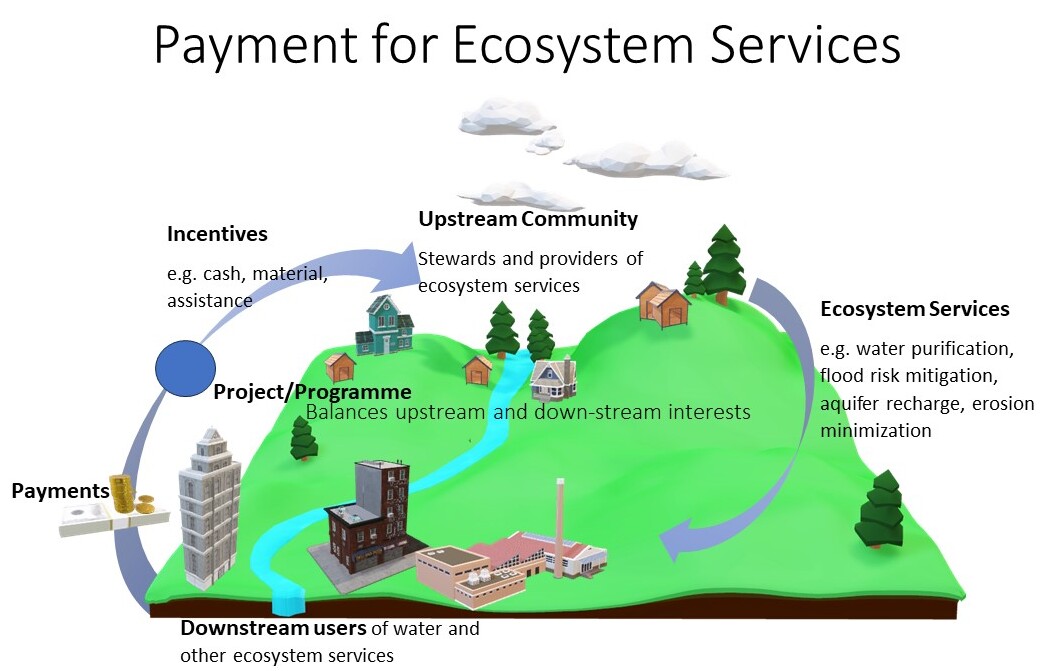
The idea behind PES is simple: if the local communities can be financially incentivized for their
stewardship of these ecological assets, the ecosystems will continue to provide life sustaining and
protective services. The twin objectives of PES are:
1. Protecting and preserving natural ecosystems; while simultaneously
2. Providing livelihood opportunities for the local communities
We are working with on-the-ground impact enterprises on integrated and economically sustainable
models for the restoration and regeneration of natural ecosystems, across four different
landscapes. Market-based models, blended finance constructs, and Eco-DRR (Ecosystem-based
Disaster Risk Reduction), are all critical ingredients. Our position paper establishes the
context and current knowledge in the domain – and then charts out a set of principles and
methods for a successful PES program – based on learnings from the following four cases.
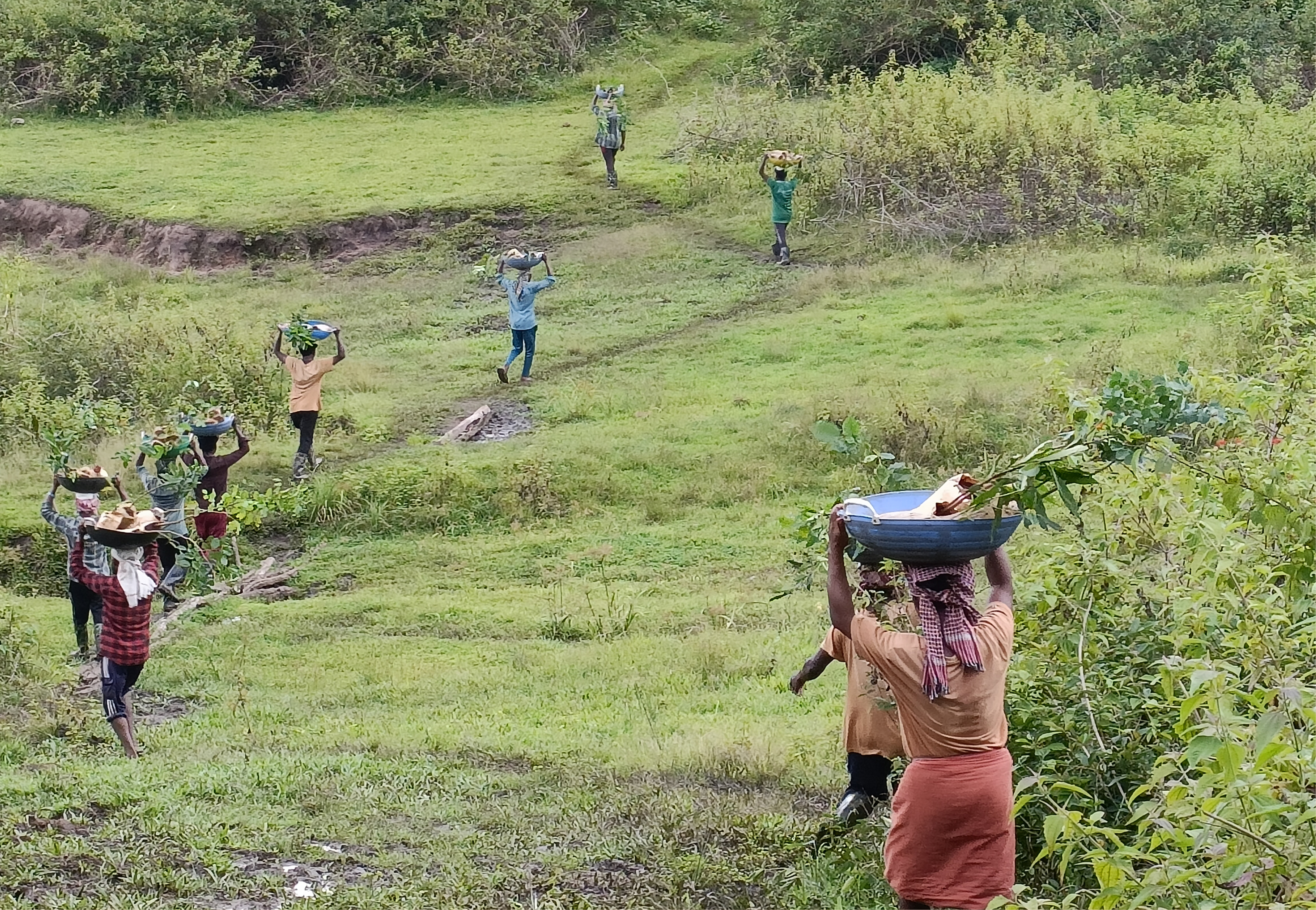
Forests of Wayanad, Kerala

Forests of Uttarakhand
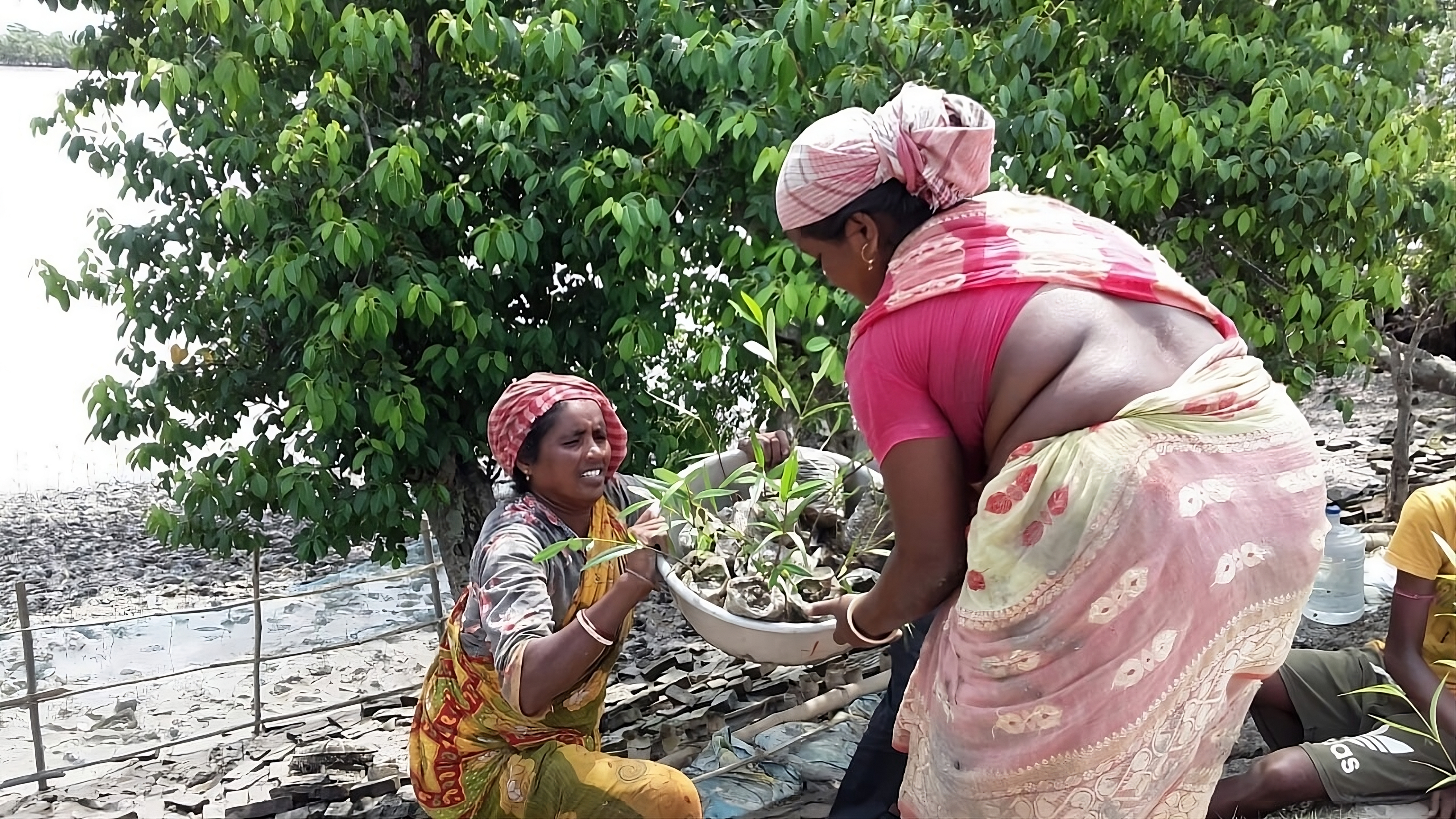
Coastal Region of Sundarbans, West Bengal
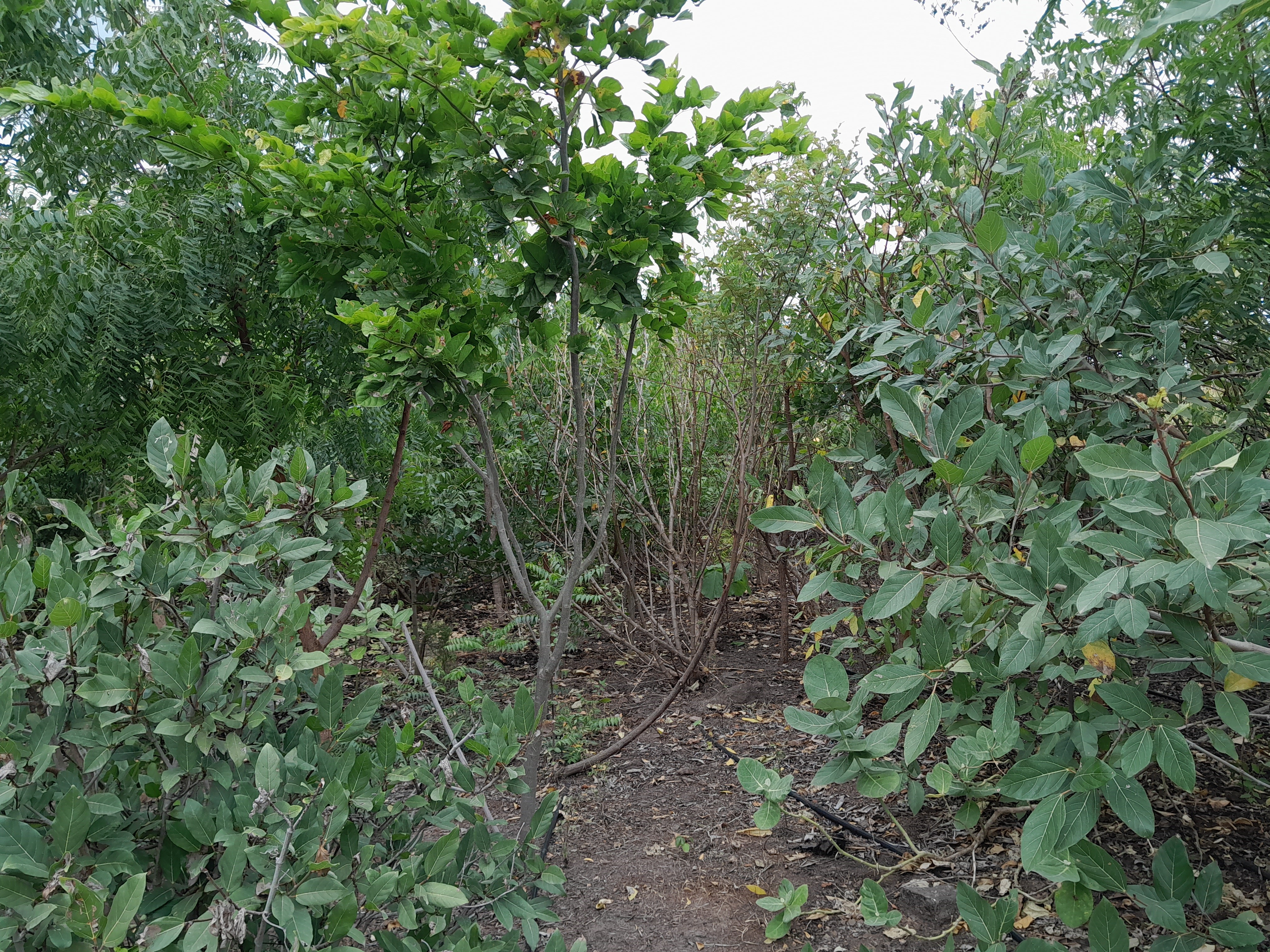
Baramati District of Maharashtra
CLEAN ENERGY
Here is an almost incalculable power at our disposal, yet how trifling the use we make of it!
What a poor compliment do we pay to our indefatigable and energetic servant!
Henry Thoreau